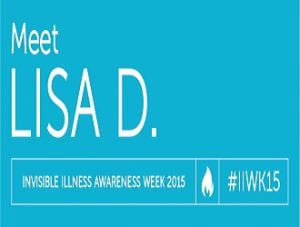A new RNA-based drug from Regeneron Pharmaceuticals and Alnylam Pharmaceuticals has shown positive results in a late-stage clinical trial for generalized myasthenia gravis (gMG), a rare, chronic autoimmune disease that causes disabling muscle weakness and fatigue. The drug, cemdisiran, uses RNA interference to reduce levels of complement factor 5 (C5), a key protein in the immune system that is overactive in gMG.
According to Biopharma, in the Phase 3 NIMBLE trial, adults with antibody-positive gMG received cemdisiran alone or in combination with pozelimab, a Regeneron antibody drug. Both treatments were compared to placebo. Cemdisiran alone reduced C5 activity by 74% and significantly improved symptom scores and quality of life after 24 weeks. Notably, the combination with pozelimab, while reducing C5 by almost 99%, was not more effective than cemdisiran alone—contrary to expectations.
Regeneron plans to seek U.S. approval for cemdisiran in early 2026, expanding its investigation into other conditions like paroxysmal nocturnal hemoglobinuria and geographic atrophy in age-related macular degeneration.
Myasthenia gravis is caused by abnormal antibodies that disrupt communication between nerves and muscles, leading to muscle weakness, trouble speaking, swallowing, and even moving. Current treatments target various immune pathways, but many patients still struggle with symptoms.
Cemdisiran’s results are promising: the drug’s clinical benefit was comparable to or better than currently available C5 inhibitors, according to Regeneron. Importantly, no participants discontinued cemdisiran monotherapy due to side effects, and there were no reported cases of meningococcal infection—a serious risk with immune-modulating drugs. The most common side effects were mild, including upper respiratory and urinary tract infections, colds, and headaches. Serious adverse events were relatively rare, occurring in 3% of cemdisiran patients compared to 14% of those on placebo.
However, some analysts noted that while cemdisiran is effective, it may not outperform newer therapies that block the FcRn receptor, a different target for myasthenia gravis treatment. The combination approach with pozelimab was also deemed unlikely to be competitive for this disease.
Despite these nuances, cemdisiran’s ability to control gMG symptoms safely, with a convenient RNA-based mechanism, marks a significant step forward for patients who may not respond or tolerate other therapies. Regeneron and Alnylam’s partnership, ongoing since 2019, exemplifies the growing promise of RNA interference drugs for complex autoimmune and genetic diseases.
Full results from the NIMBLE trial will be shared at an upcoming medical meeting, but the initial data already point to cemdisiran as a potential new option for adults with generalized myasthenia gravis, offering hope for better disease management in this challenging condition.







